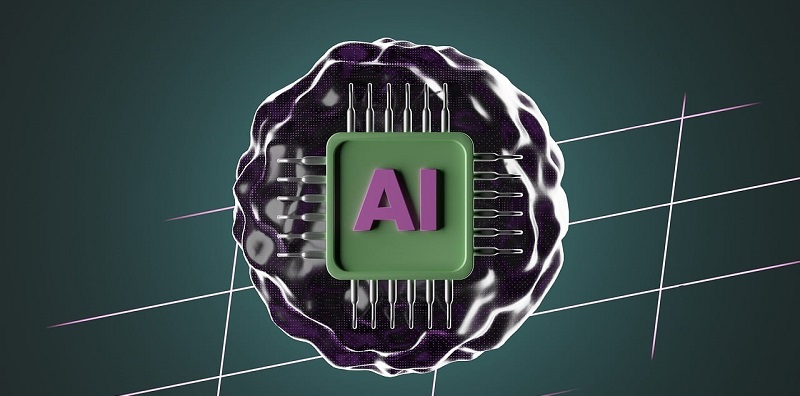Artificial Intelligence (AI) has emerged as a powerful force reshaping the way individuals manage their finances. This article explores the paradigm shift AI brings to decision-making in finances, highlighting its influence on budgeting, investing, and financial planning.
The Role of AI in Budgeting
Budgeting, often perceived as a daunting task, has been remarkably simplified by AI-driven financial apps. These advanced applications leverage AI’s analytical prowess to scrutinize spending patterns meticulously. With personalized budgeting recommendations tailored to individuals’ unique financial circumstances, AI enables users to effortlessly manage their finances. Moreover, AI’s predictive capabilities allow these apps to anticipate future expenses, issuing timely reminders to keep individuals on track with their financial goals.
The Impact of AI on Investing
Artificial intelligence plays a pivotal role in assisting individuals in making wise investment decisions. By analyzing market trends and identifying potential investment opportunities, AI provides invaluable insights for optimizing investment strategies. Furthermore, AI aids in managing risks, ensuring a balanced investment portfolio. With access to comprehensive data and insights, individuals are empowered to make informed investment decisions that align with their financial goals.
The Role of AI in Financial Planning
AI revolutionizes financial planning processes, offering individuals personalized financial advice based on their unique circumstances. By analyzing income, expenses, and savings patterns, AI assists in generating effective financial plans. With AI-guided strategies, individuals can set realistic goals and track their progress efficiently. This integration of AI and financial planning ensures that individuals can navigate the complex world of finance with newfound confidence and competence.
Achieving Financial Goals with AI-Guided Strategies
With the assistance of AI, individuals have access to a wide array of tools and resources to optimize their financial strategies. Whether it is planning for retirement, saving for a down payment, or paying off debt, AI-guided strategies enable individuals to stay on track and achieve their financial goals. By analyzing individuals’ financial data and providing personalized insights, AI ensures a tailored approach to each person’s finances, maximizing their potential for success.
Artificial Intelligence has undoubtedly transformed the way individuals manage their finances. From simplifying budgeting tasks to guiding investment decisions and revolutionizing financial planning, AI has emerged as a game-changer in money management. Its ability to offer personalized recommendations, predict future expenses, and access comprehensive data ensures individuals’ financial decisions are informed, optimized, and aligned with their goals. As AI continues to evolve, the potential for further advancements in the field of financial management is immense, making it an exciting time for individuals to embrace AI’s transformative power in their financial lives.

